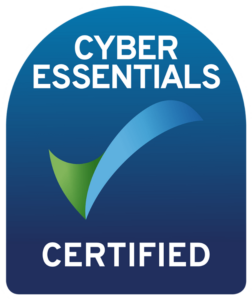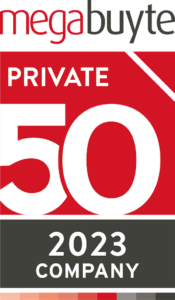In the 1990s, a major entertainment company built a then state-of-the-art Oracle Exadata-based operating system to manage all of its sales, finance and operations data at a cost of millions each year. Over the next 30 years people had added bits of code for different things, built applications around it, and were using it to run all the backend processes to distribute its entertainment platform.
By 2018, it was creaking. It was an unwieldy structure running a sprawling set of around 50 applications, many of which were out of date or unused. Getting data from the database was painfully slow – it was common for a user to wait five minutes to retrieve even simple data – and many of the functions that seemed critical in the 90s were languishing, clogging up the system. It was costing millions each year in upkeep with a whole team of people employed to fix problems.
It was time for a complete overhaul.
Modernising the platform
We started by getting under the hood of what was a complex and archaic system, assessed the problems and what the teams actually needed the system to deliver for them, and got to work.
The beating heart of the system was the Oracle Exadata system. We knew that to reduce costs, we had to remove it. But before we could get to it, we had to unravel the spaghetti-like structures around it.
We carved away the many unused functions and applications, creating a streamlined and less intimidating system, and automated processes where we could. This improved workflows as team members can now activate tasks at the press of a button (without waiting for other people to do stuff first).
Then, we could fix the biggest cost – replacing the central system with an open source database. It’s cheaper, leaner, quicker, and easier to update as technology evolves.
We also gave a major facelift to the system to improve user experience, much to the delight of the users.
At the heart of this relationship was an innovative Agile Partnership Contractual framework, to allow our developers to use a mixture of Scrum, Agile and Waterfall methodologies, with their roles extending from coding to project planning and analysis.
Outcomes
The most tangible outcome is cost reduction. From paying millions a month for an almost unusable and outdated system, the client now has the system it needs for less than a tenth of the cost.
The new system allows for a more streamlined and efficient workflow with a quicker delivery approach. The result is that it is now much easier and faster to make changes.
The teams are no longer frustrated, and are motivated to work with the platform. Tasks that meant waiting for other people to take action are now automated at the press of a button, reducing the number of people involved, saving time and making for a far better experience.
Overall, Zenitech has helped the client transform its platform by identifying problems and understanding why they exist. By building on that foundation, we designed and implemented a solution that fulfilled the remit to standardise, simplify and accelerate the change process.
A long-term partnership
By collaborating with the client, we have got to know the business and its challenges. We have become a team our client can rely on to support them on an ongoing basis.
About the Zenitech Team
The people in our dynamic team love a complex technical challenge, and are highly motivated coming from different disciplines, from which they bring their unique problem-solving skills.
If you are looking for a partner to help modernise your technology platforms, get in touch to see how we can help.



